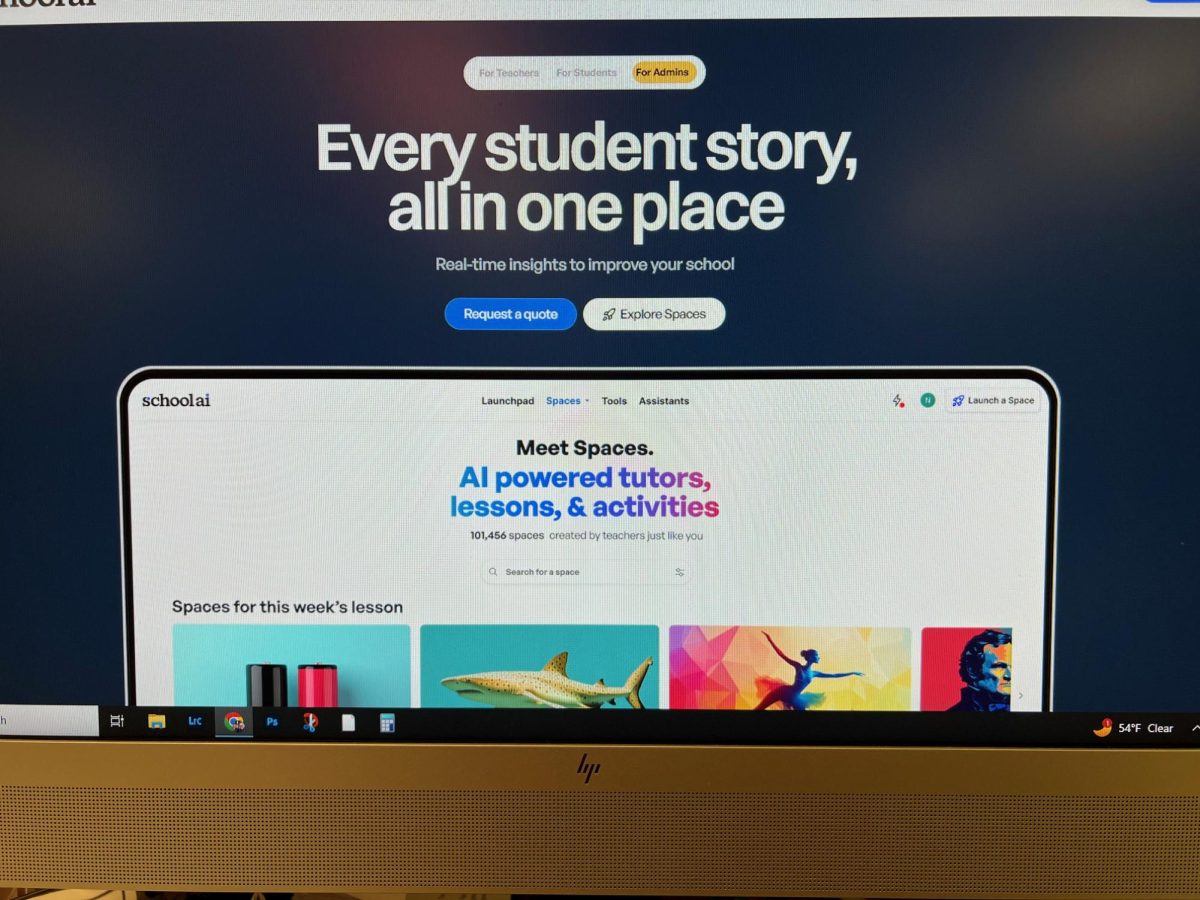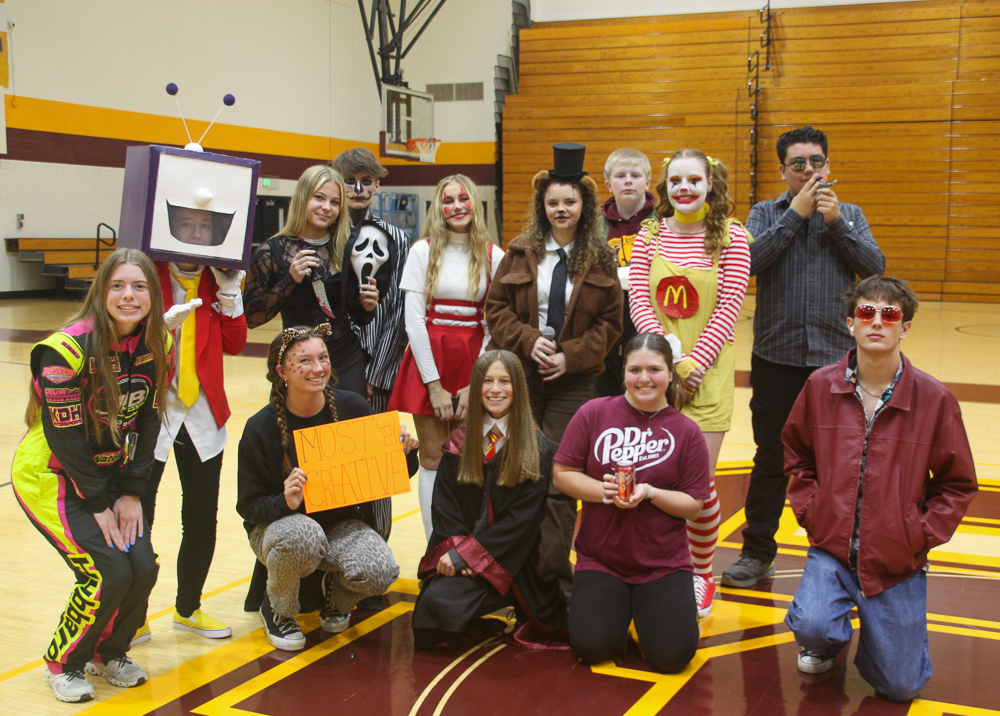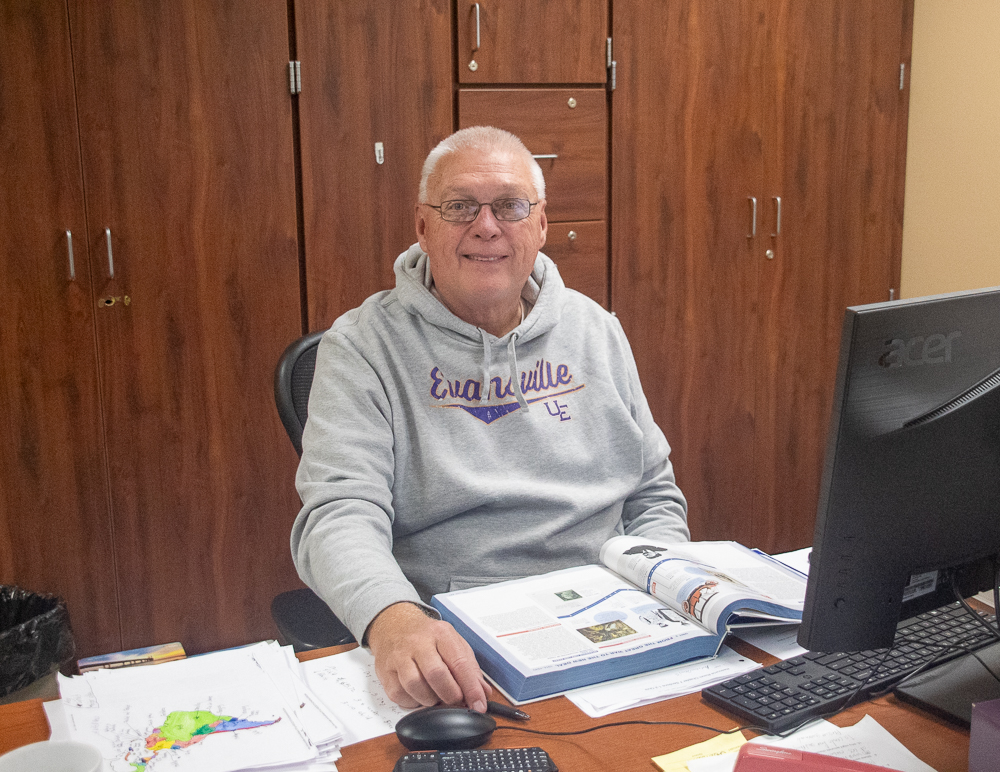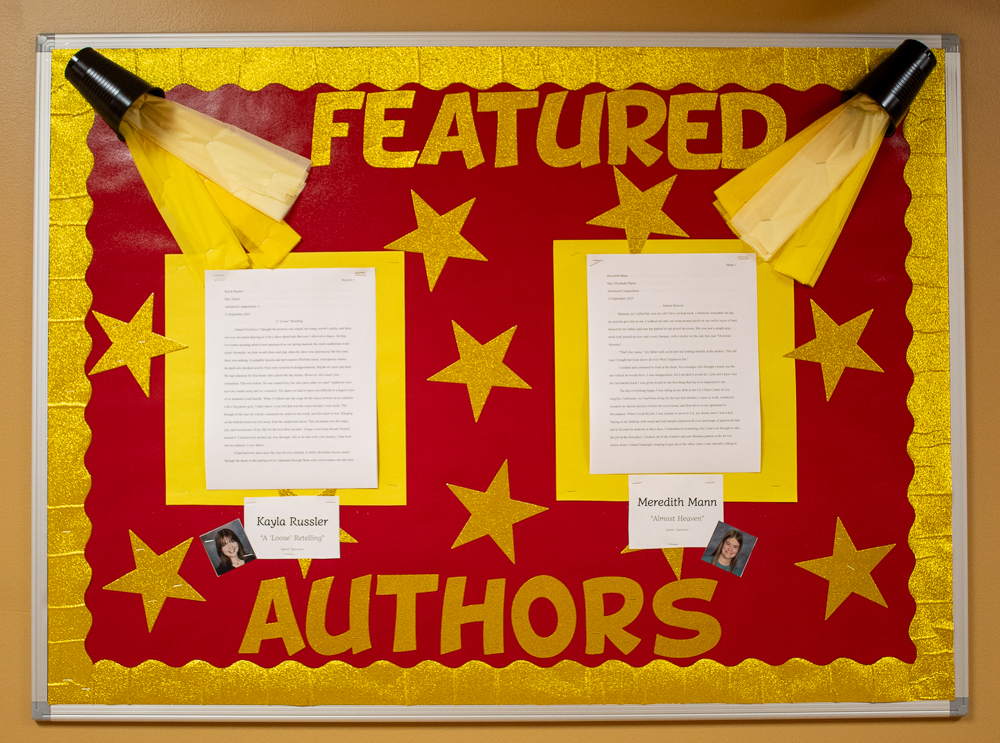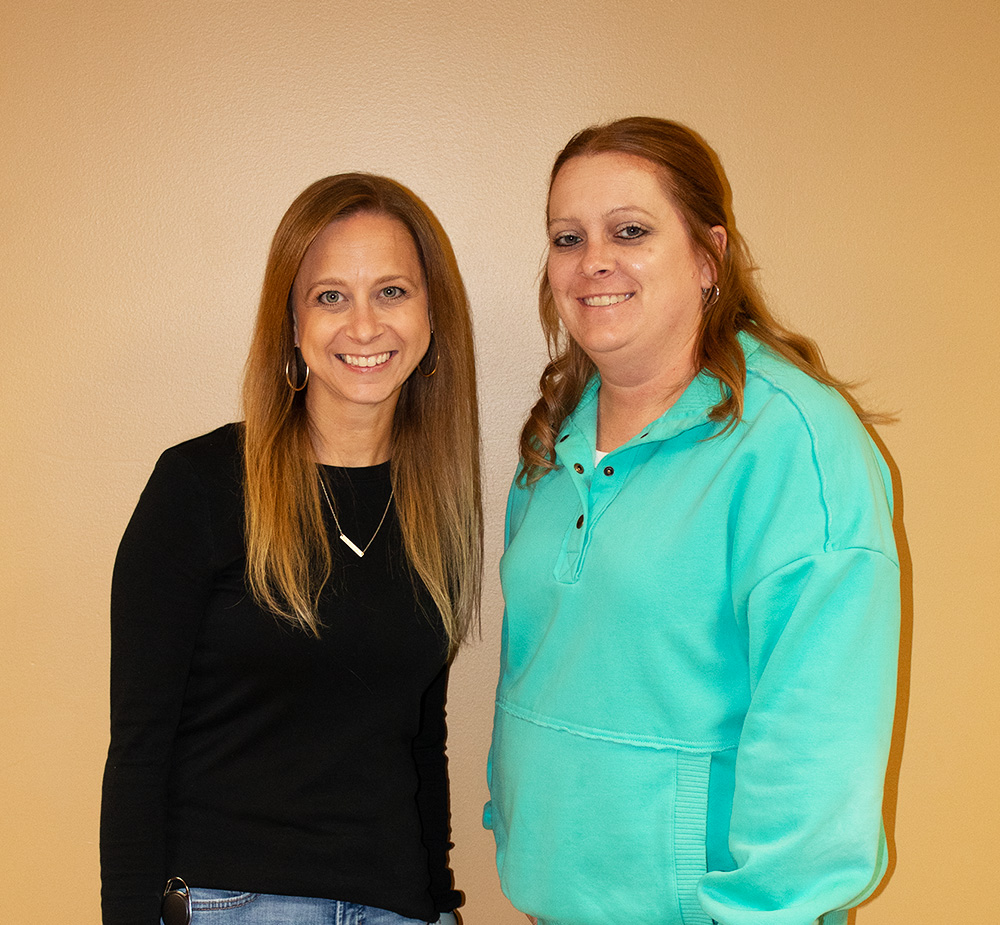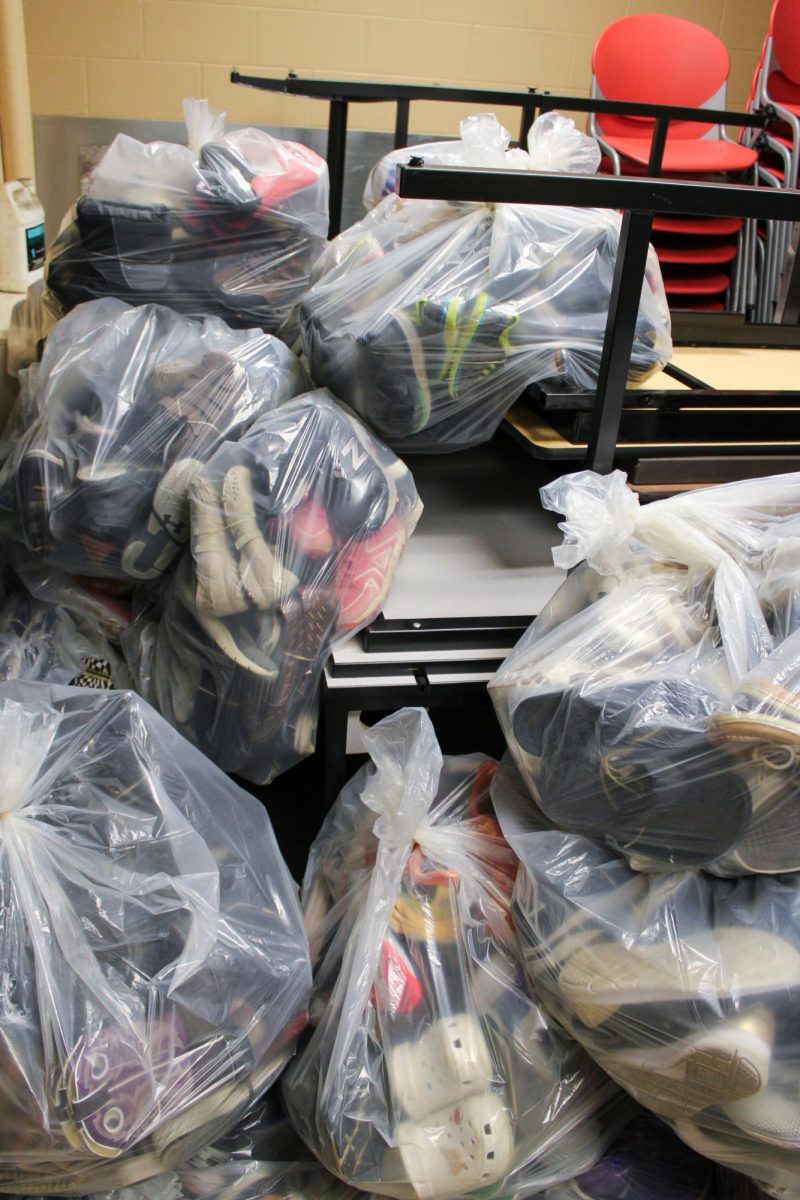At the start of the 2024-25 school year, students at Alpha, a k-12 school in Austin, Texas, were greeted by Artificial Intelligence. Instead of having traditional teachers, students met with coaches who engaged with the students, helping them set goals to be clear on what they are doing academically and how they are learning.
Students at Alpha work one-on-one with AI for two hours at the start of the day, learning exactly what all other students do in traditional schools. However, the students are fed information through AI apps at the appropriate level and pace that benefits the student. The other six hours of the school day are set aside to learn life skills, such as writing college applications and even putting together furniture in some cases to help students build the skill of following instructions.
Some Gibson Southern students think this could benefit them. They prefer the set up of the school day and learning skills they will use in the future.
“I like the idea of working only two hours and then getting to do other skills,” junior Kourtney Kitzinger said. “I think real skills are things kids in schools lack.”
Though using AI to replace teachers at Gibson Southern is not practical, that does not mean it is completely unused. English teacher Elizabeth Elpers was initially totally against AI in schools, and still opposes it in some aspects, until she attended an AP conference, where she learned about a program called Magic School. Magic School is a platform that takes the power of AI and puts it into educators’ and students’ hands to help them use it productively and responsibly in their work.
“In the beginning, I would say that I was completely against it, and in writing, I don’t think it serves a purpose,” Elpers said. “I learned about [Magic School] over the summer in Indianapolis, and it can help break down stories for kids and help them read stories at the level they are at.”
Elpers tried using Magic School to give students feedback about their essays. Though the AI would scan the essay and give feedback, Elpers still hand graded the essays, only using AI to give students feedback as to why they lost points or what they could do to improve their writing.
“I tested this with my Advanced Composition class, and they did not like it,” Elpers said. “I got suspected of grading their essays with AI, and I wasn’t. I would put in my rubric, and it would give feedback, which I then shared with students.”
Though AI can be helpful to students and teachers alike, it is important to remember that there is a difference between AI helping students and students relying on AI throughout their school career.
“I think it is both helpful and harmful,” junior Oliva Alston said. “I think when people use it as a crutch or something to help, it is fine, and you can use the AI to better yourself. But, when people rely on AI [for everything], then people start to become lazy and forget skills because they no longer use them.”
As schools continue to explore the benefits and uses of AI in the classroom, it is hard to tell where things will end up. However, Titans can anticipate traditional schooling with teachers physically working with them, not sitting in front of a computer with a bot to teach them core subjects.

